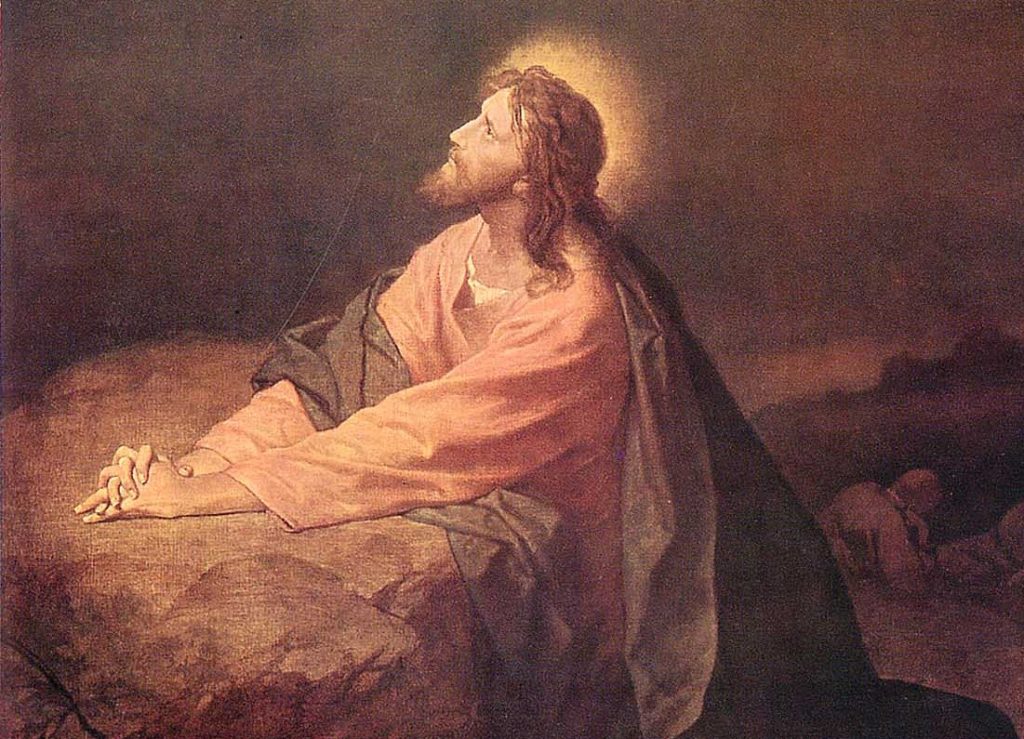
An interviewer once asked St Teresa of Calcutta, “Why did God permit pain”? Mother Teresa answered “To give us the opportunity to share in the Passion of Christ… as Jesus went through all His Passion, for love of us… and to repair for what we have done [through sin]”. Mother Teresa was describing the mystery of redemptive suffering. Redemptive suffering is when we unite our sufferings with the meritorious sufferings of Christ in His Passion. St. Paul expressed this in his letter to the Colossians, “Now I rejoice in my sufferings for your sake, and in my flesh I complete what is lacking in Christ’s afflictions for the sake of his [Mystical] Body, that is, the Church…” (Colossians 1:24). The Passion that Jesus underwent as head of the Mystical Body, is now continued in time, even up to this day, but now in the members of His Mystical Body, the Church.
When we share in Christ’s redemptive suffering, in a manner of speaking, God looks down and sees not so much our image, but rather, sees the image of His Son in His Passion. The merits Jesus won for us on Calvary are applied to us as we enter into union with the Passion of Christ and His saving power. It is a medicine given to us that our Lord Himself willed to take from His own chalice of suffering. “He was wounded for our transgressions, He was bruised for our iniquities…and with His stripes we are healed” (Isaiah 53:5). Through the merits of Christ’s sorrowful Passion, we can expiate for our sins and make reparation for the sins of others.
There is a pious tradition that when the angel appeared to Jesus in the Garden of Gethsemane, the angel brought with him a vision of all the souls, who through the ages, would follow in the footsteps of Christ in His Passion. “And there appeared to him an angel from heaven, strengthening him” (Luke 22:43). We may or may not hold to pious traditions, but it is Sacred Tradition that Jesus was consoled and that in as much as our past, present and future sins were the cause of His sufferings on Calvary, it is also by accepting our sufferings in union with Christ that we not only share in Jesus’ work of redemption, but also have brought consolation to the Sacred Heart of Jesus in His Passion.
